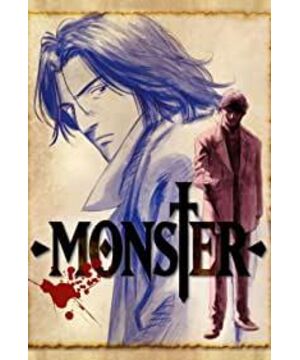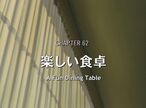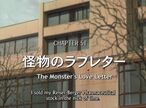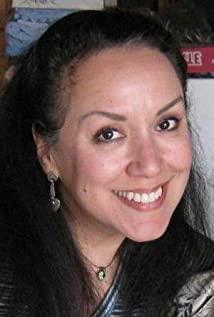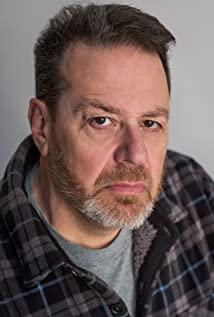In those works that are deeply influenced by Christian thought, we can almost see the opposition between saint and sinner, and this is even more so in this masterpiece by Naoki Urazawa. There is no doubt that Doctor Pegasus is a true Christian, and the evil he needs to fight - John - is a magnified mortal evil. Regardless of the reason for this evil, even if it is placed in the background of the Berlin Wall (the Berlin Wall has another place in this work), it cannot be said where it came from. This necessity, as we know it, rules all crime in the world.
When saints and sinners appear on the stage at the same time, the same kind of struggle that we are already familiar with begins again, and it is not trivial. The most important thing to notice is Urazawa's arrangement of the ending of the story. At the end of the story, Doctor Pegasus, who is a saint, and John, who committed a heinous crime, faced off with a gun for a long time. This moment can be said to be the essence of the whole work. Saints are not allowed to kill evil, nor are they capable of killing evil. The two can only face off forever... In the end, John can only be headshot by an accidental intrusion. This is a classic and wonderful Deus ex machina. For this story to end, God must break into the world to save the saints. But it is clear that Urzawa is not satisfied that the end is just like this. Even such divine power could not kill John. In the end, Doctor Tianma still rescued John, and good and evil continue to have an eternal confrontation on the earth...
View more about Monster reviews


